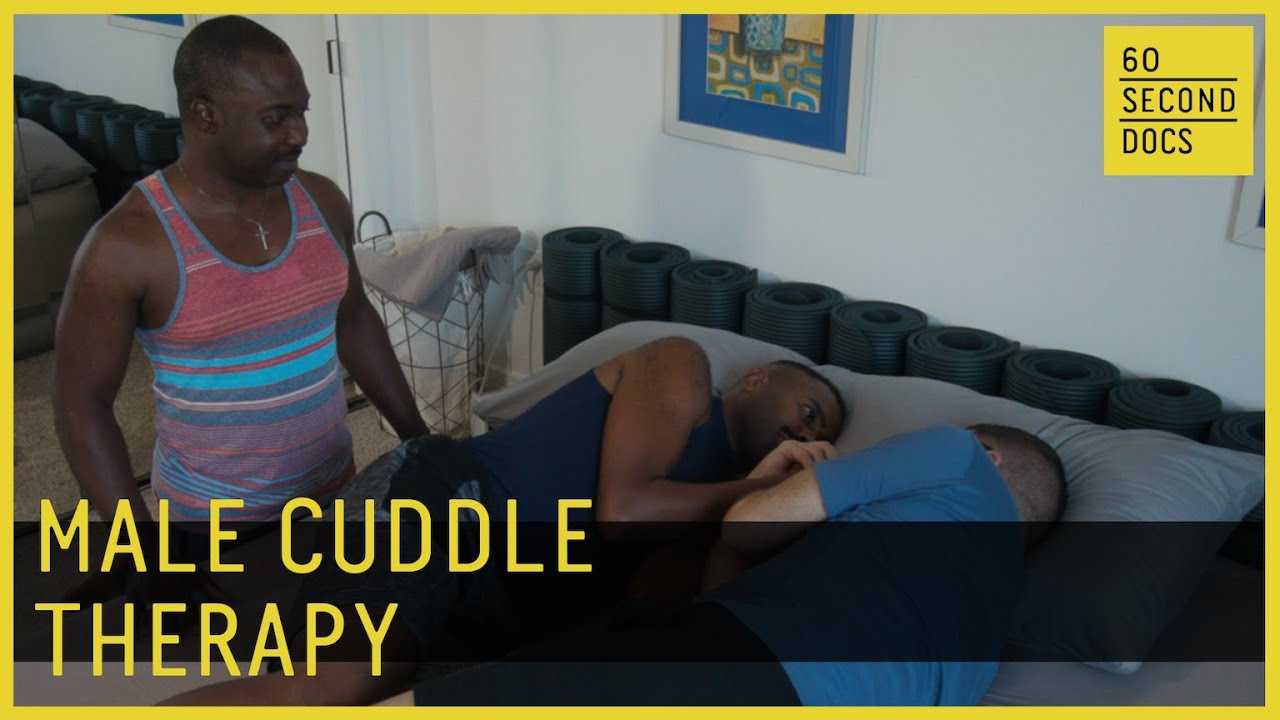
As our world becomes more insular and alienated, many are longing for more touch and emotional support. Cuddle therapy provides this - platonic physical touch and affectionate interactions among consenting adults are considered therapeutic forms of cuddling therapy; cuddle parties started this trend several years ago while now there are specific companies such as Cuddle Time and Cuddlist that connect cuddle therapists with those seeking emotional comfort or nonsexual physical comfort.
Karissa Brennan, a licensed therapist who provides in-person cuddle therapy services to clients, is one of these professional cuddling therapists. She says she decided to enter this profession so she can help clients manage daily stresses as well as issues related to depression, anxiety and grief; additionally, it offers her extra income while broadening her skill set.
Robinson notes that her role as a therapist involves regularly hearing from clients regarding the need for more physical comfort, which cuddling can provide. Robinson further highlights its benefits such as increased immunity, decreased anxiety and stress levels and enhanced sleep quality.
She acknowledges, however, that cuddling can come with some misconceptions; individuals might perceive cuddling sessions as another means to experience sexual exploitation or abuse. Therefore, she makes sure her clients know they're participating strictly as platonic sessions.